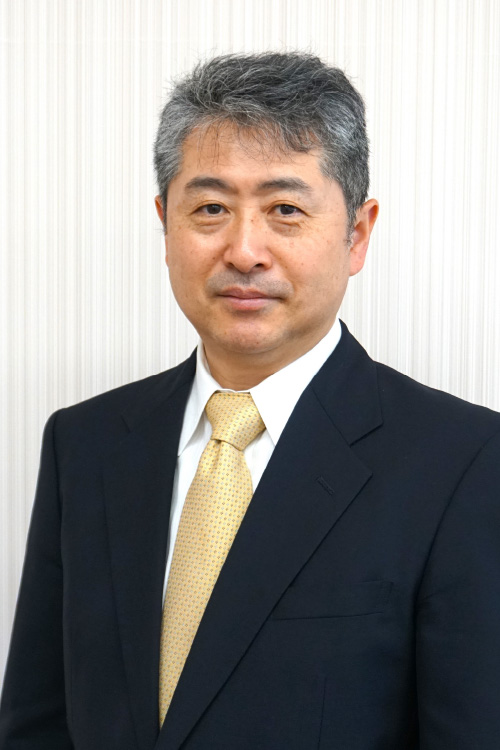
Academics
- Shobi University
- Academics
- Faculty of Policy Management / Department of Policy Management
Faculty of Policy ManagementDepartment of Policy Management

- Features of the Courses
- Students' Benefits from the Department
- Diploma Policy
- Characteristics of Class Subjects
- Future Vision
- Faculty Members
3 Courses of Study

Public and Social Contribution Course
Covering the political science and law as the main components, and sociology and the communication studies as subsidiary components, this course will train students to succeed in such fields as political administration, police, fire services, education, and welfare.

Management Planning Course
Involving economics and business administration as the main components, and law and politics as subsidiary components, this course will improve students' business acumen and will train students to succeed as entrepreneurs or corporate managers, as well as in the business development departments of companies.

Business Professional Course
With sociology and communication studies as the main components, and economics and business administration as subsidiary components, this course aims to train business personnel who can provide advanced-level customer services.
Students' Benefits from the Department
Helps students develop a sense of independence through 3 courses.
Choose the courses that match your interests by the second year of study
Acquire the ability to understand problems comprehensively by learning the main and sub aspects
Diploma Policy
The Faculty of Policy Management aims to nurture students to become individuals capable of confronting a variety of policy issues in modern society within a diverse range of fields to formulate policies based on problem detection and problem solution thought patterns.
Characteristics of Class Subjects
Public Administration

Students will acquire basic knowledge and ideas about administrative law in general and develop a practical foundation that will enable them to formulate their own opinions based on this knowledge and ideas.
Business Planning

Students will learn practically about how to start a new business, the know-how required to make the business a reality, and the considerations that should be made for business profitability.
Practical English

By actually using English to communicate with other students, skills of speaking and listening to English will be acquired which will be useful in a business context.
Future Vision (Aspired Occupations)
| Public and Social Contribution |
|
|---|---|
| Management Planning |
|
| Business Professional |
|

